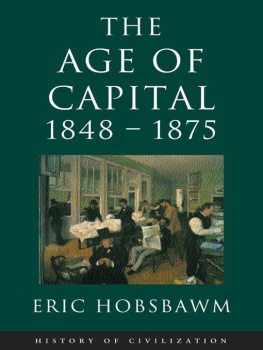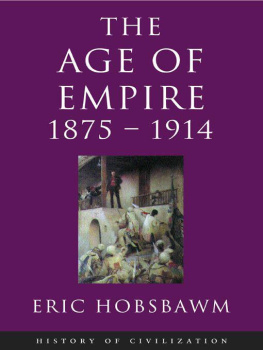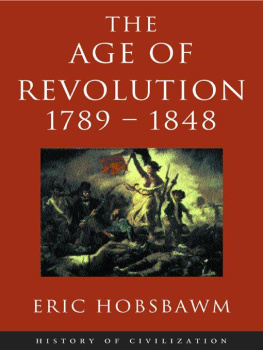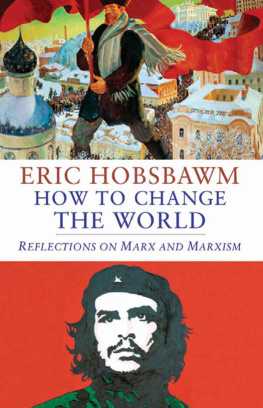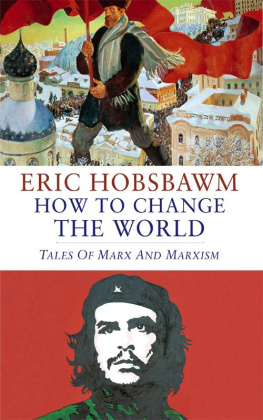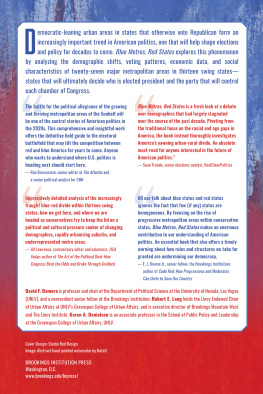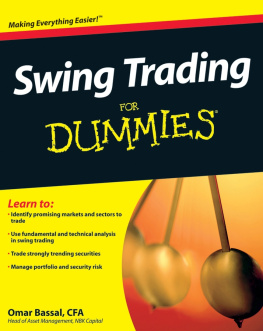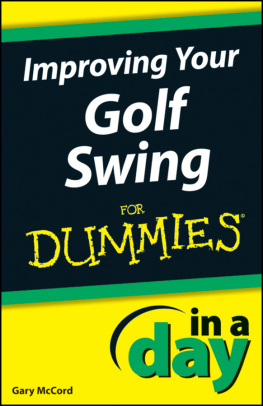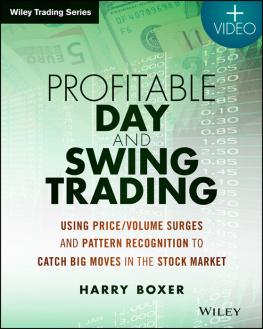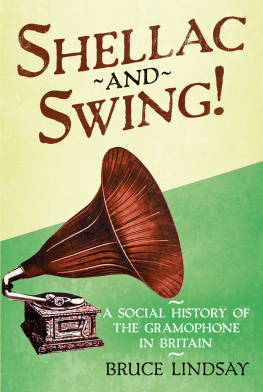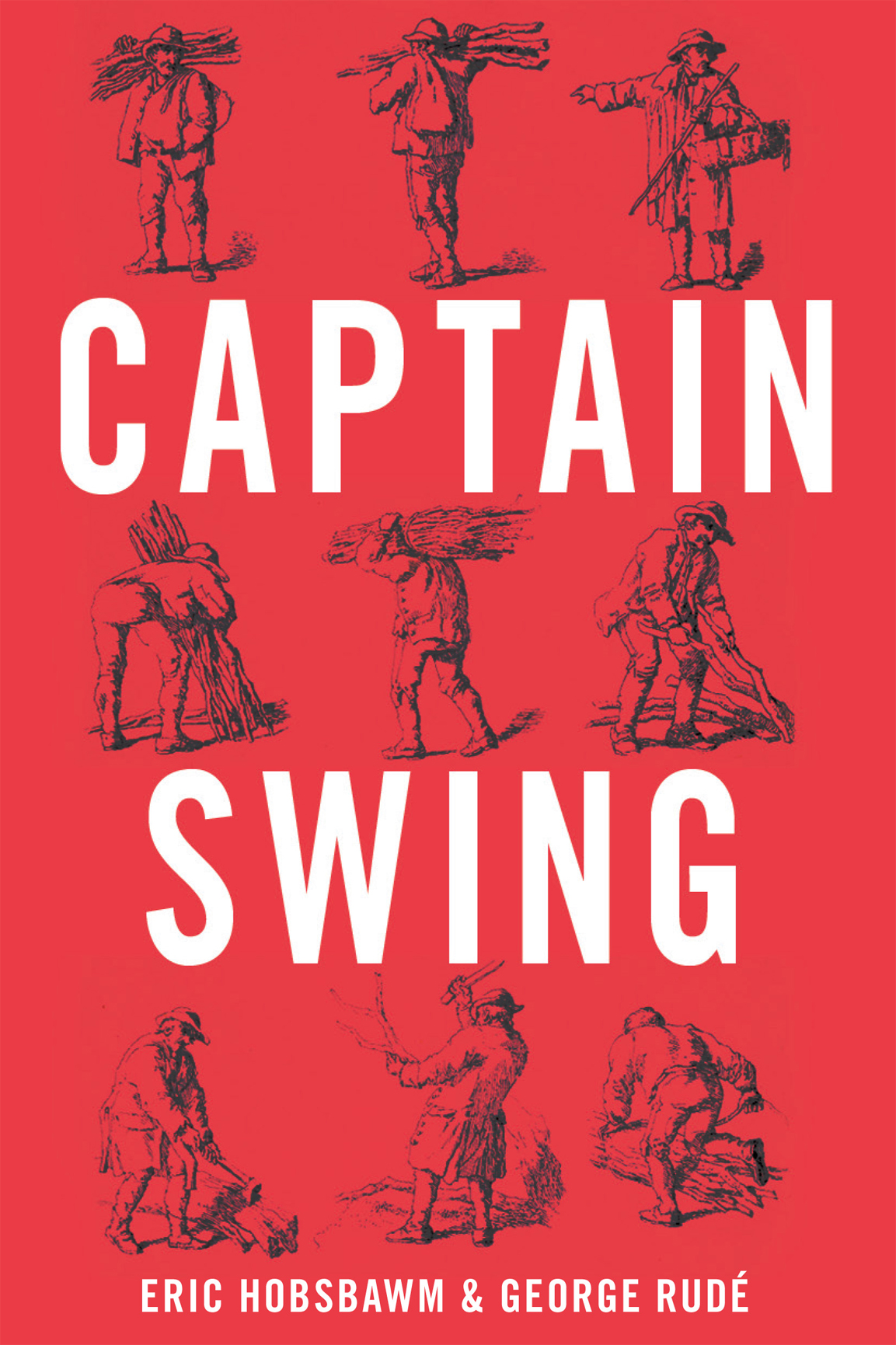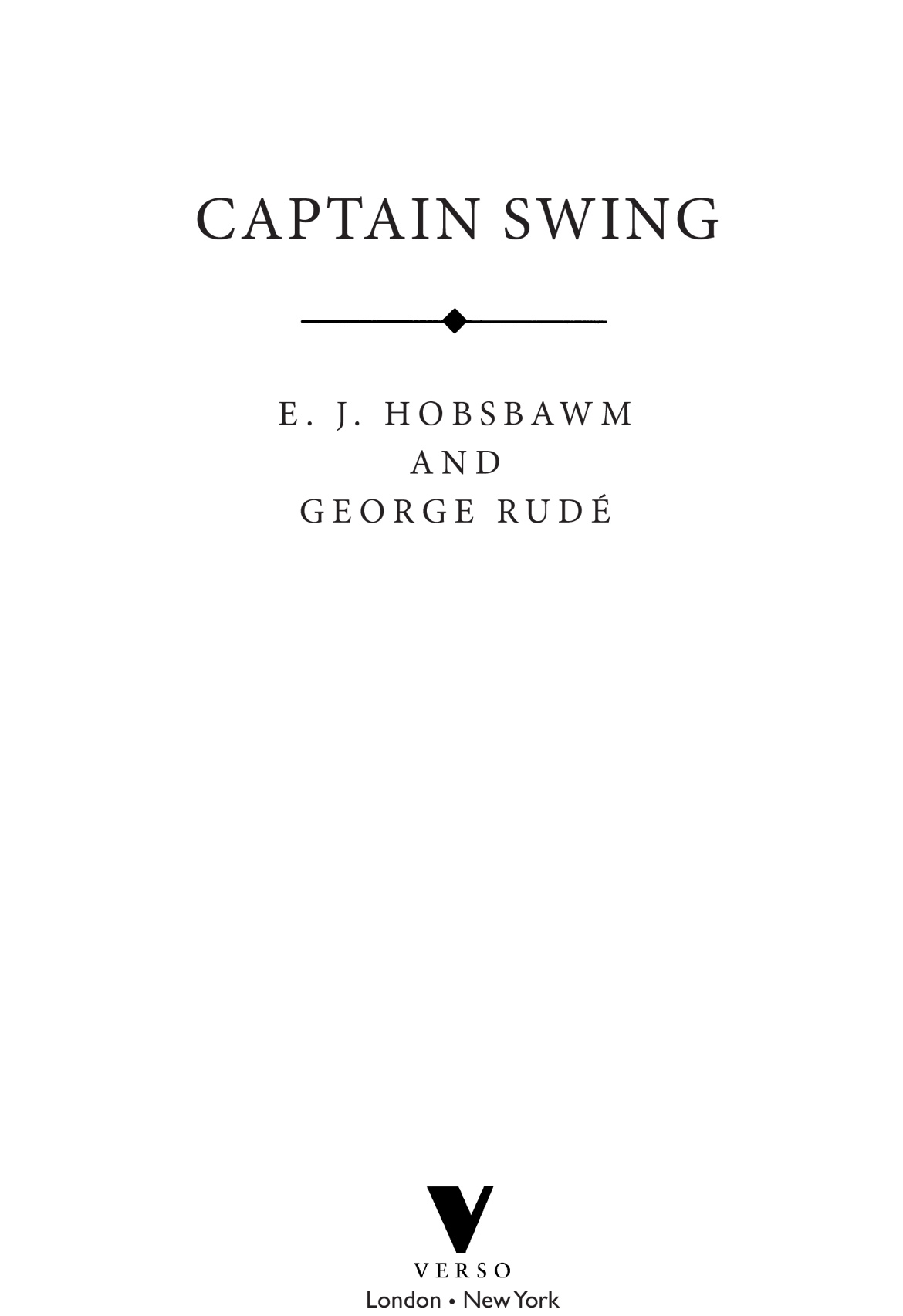ERIC HOBSBAWM (19172012) was born in Alexandria and educated in Vienna, Berlin, London and Cambridge. A Fellow of the British Academy and the American Academy of Arts and Sciences, with honorary degrees from universities in several countries, he taught until retirement at Birkbeck College, University of London, and then at the New School for Social Research in New York. All his books have been translated into several languages.
ALSO BY ERIC HOBSBAWM
The Age of Revolution: 17891848
The Age of Capital: 18481875
The Age of Empire: 18751914
The Age of Extremes: A History of the World, 19141991
Revolutionaries
Bandits
Industry and Empire
The Invention of Tradition (edited with Terence Ranger)
Uncommon People
The New Century
How to Change the World: Reflections on Marx and Marxism
GEORGE RUD (19101993) was a distinguished historian and renowned expert on eighteenth-century history. He taught at universities all over the world and held many distinguished academic posts. In retirement he lived in Sussex until his death.
ALSO BY GEORGE RUD
The French Revolution
The Crowd in the French Revolution
Wilkes and Liberty
The Crowd in History
Revolutionary Europe
Paris and London in the Eighteenth Century: Studies in Social Protest
Hanoverian London
Debate in Europe
Europe in the Eighteenth Century: Aristocracy and the Bourgeois Challenge
Robespierre: Portrait of a Revolutionary Democrat
Protest and Punishment
Ideology and Popular Protest
Criminal Victim: Crime and Society in Nineteenth-Century England
The Eighteenth Century (editor)
Robespierre (editor)
This paperback edition first published by Verso 2014 First published in Great Britain by Lawrence & Wishart 1969 Eric Hobsbawm and George Rud 2014
All rights reserved
The moral rights of the authors have been asserted
Verso
UK: 6 Meard Street, London W1F 0EG
US: 20 Jay Street, Suite 1010, Brooklyn, NY 11201
www.versobooks.com
Verso is the imprint of New Left Books
eBook ISBN: 978-1-78168-225-8 (US)
eBook ISBN: 978-1-78168-533-4 (UK)
Trade Paperback ISBN: 978-1-78168-180-0
British Library Cataloguing in Publication Data
A catalogue record for this book is available from the British Library
Library of Congress Cataloging-in-Publication Data
A catalog record for this book is available from the Library of Congress
v3.1
CONTENTS
LIST OF ILLUSTRATIONS
Notice issued by Berks magistrates, Nov. 1830
Warrant for arrest of Daniel Goslibow, Nov. 1830
Notice issued by Norfolk magistrates, Nov. 1830
Reward offered in Sussex, Dec. 1830
Notice issued by Cambs magistrates, Dec. 1830
Swing Letters
Swing Letters
Swing Letters
Swing Letters
MAPS
England: Agricultural Structure
Enclosure of Common Field by Act 18th19th Centuries
Enclosure of Commons and Waste by Act 18th19th Centuries
Agricultural Population, 1841
Threshing Machines Brokenby Counties: 183032
Incendiarismby Counties: 183032
PREFACE
The writing of this book has been divided between us: E.J.H. has been mainly responsible for the Introduction, Chapters . But we have collaborated closely throughout in both planning and writing the book. It is strictly a joint enterprise and not merely the stringing together of two sets of chapters written by two independently operating authors.
We wish to express our thanks to the secretaries and directors of The London Assurance and the Norwich Union Fire Insurance Society and to the librarians and archivists in London, Aylesbury, Bedford, Cambridge, Carlisle, Chelmsford, Dorchester, Gloucester, Hereford, Hobart, Huntingdon, Ipswich, Leicester, Northampton, Norwich, Oxford, Reading, Sydney, Taunton, Trowbridge and Worcester, who have placed their records so freely at our disposal. Our special thanks are due to the late Peter Eldershaw, archives officer of Hobart, Tasmania, who gave us so unstintingly of his skill and energy and whose tragic and untimely death last year has robbed Australia of one of its most gifted and devoted public servants.
We are also indebted to Miss Carol Coombe and Miss Ruth Meyerowitz who, as research assistants, have helped in the preparation of the book; and to Professor Norman Gash, Miss A.M. Colson and Dr. Monju Dutt for permitting us to draw on their unpublished theses, concerned respectively with the labourers movement in Berkshire, Hampshire and the south-eastern counties; the extent of our debt to them will become evident in Chapters . Mr. Rex Russell has made available to us his expert knowledge of the farm labourers of Lincolnshire and his notes on the local press and local sources. It is not possible to measure the benefit we have derived from the discussions arising from papers we have read to various groups of colleagues and students during the time we have been working on this subject, but it is considerable. Mrs. Diana Wood in London and Mrs. Eileen Pennycote in Adelaide have been largely responsible for typing the manuscript. The index was compiled by Mrs. Betty Lloyd.
Finally, we express our gratitude to Cambridge University Press for permission to reproduce Cairds Map of England in 1850 from Clapham, Economic History of Modern Britain , Vol. 1.
We have confined our bibliography to a list of contemporary sources, both manuscript and in print, and to works dealing specifically with the agitations of farm-labourers in our period. Other works we have used are listed in the reference notes.
E. J. H.
G. R.
February 1968
INTRODUCTION
Hodge; the secret people, brother to the ox. Their own inarticulateness, our own ignorance, are symbolised by the very titles of the few books which have attempted to recreate the world of the English farm-labourer of the 19th century. Who were they? Nobody except themselves and the rulers of their villages knew or cared, nobody except the clergyman or (much more rarely) dissenting minister entered the few basic facts of their obscure lives in the parish register: birth, marriage and death. The directories of their county, which recorded the details of their parishes, their landlords, their innkeepers, village artisans, shopkeepers and carriers in extraordinary detail, said nothing about them. If they could writeand in 183 most could notthey would have little occasion to, except perhaps, laboriously, to some daughter or sister in service in a town too remote to be visited, some brother or son in the army. Except for their gravestones and their children, they left nothing identifiable behind them, for the marvellous surface of the British landscape, the work of their ploughs, spades and shears and the beasts they looked after, bears no signature or mark such as the masons left on cathedrals.
We know little about them, because they are remote from us in time. Their articulate contemporaries knew little more, partly because as townsmen they were ignorant about the country or cared nothing for it, partly because as rulers they were not allowed to enter the self-contained world of the subaltern orders, or because as rural middle class they despised it. It is a salutary exercise for the modern historian to readin most cases vainlythrough the opulent volumes of that monument to the gentlemans view of the countryside, the older volumes of the Victoria County History, in search of any information about the rising of 1830, a movement which, after all, affected upwards of 20 counties. Or, for that matter, of any but the most jejune information about the labourers. It is equally instructive to glance through the reports of those well-meaning explorers, the 19th century collectors of folklore or popular customs, and to observe the triumph with which they brought back from their forays into their neighbouring lanes, elementary information which every cottage child learned at its mothers breast. The vicars of Victorian England found medieval documents a less recalcitrant source than their parishioners. As for the townsmen, their ignorance was quite startling. The Liberal Indeed, the very term Captain Swing and its association above all with rural incendiarism reflect the journalistic creation of the city and not the reality of the countryside, for as we shall see, incendiarism was only a marginal aspect of the risingit became the characteristic form of rural unrest only after 1830and there is no evidence that any labourers except perhaps in some small parts of Kent ever believed themselves to be following any Captain Swing.


